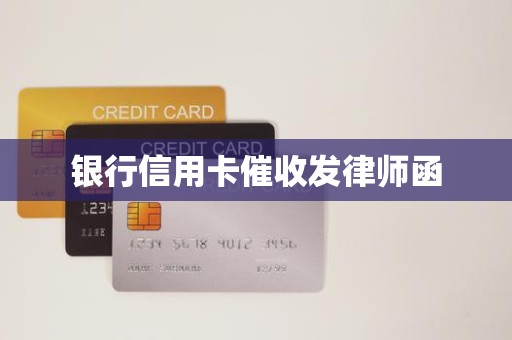Bank credit card to send and receive lawyer’s letter
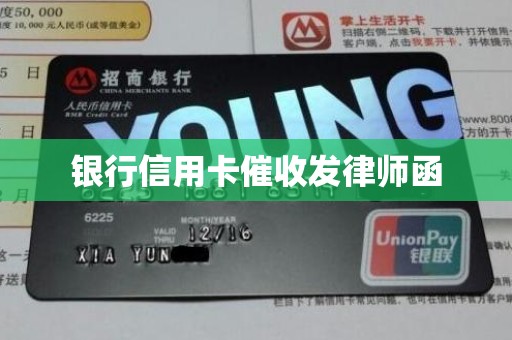
A lawyer’s letter is a formal legal document issued by a law firm or lawyer on behalf of one party, which aims to convey a formal notice of debt disputes or other legal questions to the recipient. In the field of bank credit card collection, lawyer’s letter is usually used to remind debtors to repay their debts in time and inform them of possible legal measures. The lawyer’s letter is not a legal judgment of the court, but it has a certain warning function, which is intended to improve the debtor’s attention to repayment obligations in a legal way.
When credit card users fail to repay their debts for a long time and fail to fulfill their repayment obligations after repeated collection, banks usually take more serious measures, including entrusting a law firm to handle debts on their behalf. Receiving a lawyer’s letter means that the arrears have entered the legal early warning stage. Banks hope that this way will attract the attention of cardholders and urge them to pay off their debts in time to prevent further deterioration or even entry into litigation.
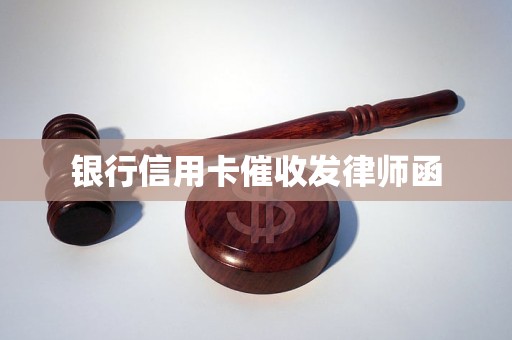
After receiving the lawyer’s letter, you need to deal with it calmly and read the letter carefully to verify whether it is authentic. If the debt does exist, it is recommended to communicate with the contact information provided in the lawyer’s letter as soon as possible to understand the specific repayment plan. If you have any objection to the amount owed, you can take the initiative to negotiate with the bank or law firm and provide reasonable explanations or proof materials. Blindly ignoring the lawyer’s letter or avoiding contact will only further complicate the inquiry and may even lead to legal proceedings.
Lawyer’s letter itself is not equal to legal enforcement measures, but it represents a clear signal that creditors exercise their legitimate rights and interests. The bank lawyer’s letter tells the debtor that if he fails to fulfill his obligations, he may face legal proceedings or other legal consequences. Lawyer’s letter has no direct legal force, but it reflects the seriousness of debt to some extent. If you don’t pay attention to it, you may have to face legal risks such as court summons and even asset freezing.
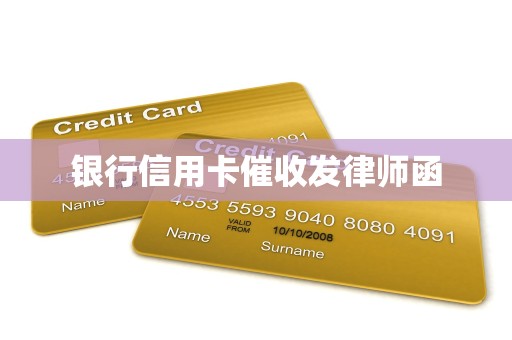
Fraudsters may use forged lawyers’ letters to defraud credit card debts, and it is necessary to carefully distinguish between true and false when receiving lawyers’ letters. You can check the name, contact number, address and lawyer’s practice license information of the law firm in the letter to judge its authenticity. If you still have questions, you can call the bank customer service directly to confirm whether you have entrusted a law firm to handle the collection. Don’t trust the account or contact information provided by strangers in case you are deceived.
If you really can’t repay the credit card debt at present, you can take the initiative to communicate with the bank or lawyer, explain the economic situation and try to make an installment plan or apply for deferred repayment. Sometimes the bank will give some room for negotiation according to the actual situation of the cardholder. Don’t wait passively or refuse to communicate, which may lead to a snowball of debts and more serious legal consequences. Applying for reasonable repayment in time can reduce the pressure to some extent.
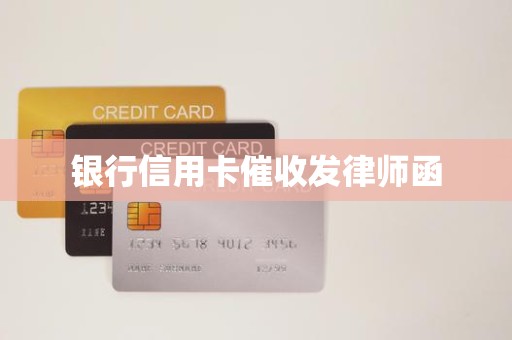
Receiving a lawyer’s letter does not necessarily mean that the case has entered or will soon enter the judicial process. Lawyer’s letter is more of a formal legal reminder, which urges the defaulting party to repay in time. However, if the bank still fails to take action or refuses to perform its legal obligations after receiving the lawyer’s letter, the bank may choose to file a further lawsuit. Lawyer’s letter is an early warning signal, and cardholders should take it seriously and deal with it in time.
In order to avoid the credit card debt from developing into the processing stage of lawyer’s letter, we should develop good habits of using credit cards, including repaying the debts on time and controlling consumption reasonably. If you do face temporary financial difficulties, you must contact the bank in advance and apply for delayed repayment, installment payment or other mitigation schemes. Check credit card bills regularly to avoid overdue due to missed repayment or unknown fees, which is helpful to maintain a good credit record.
